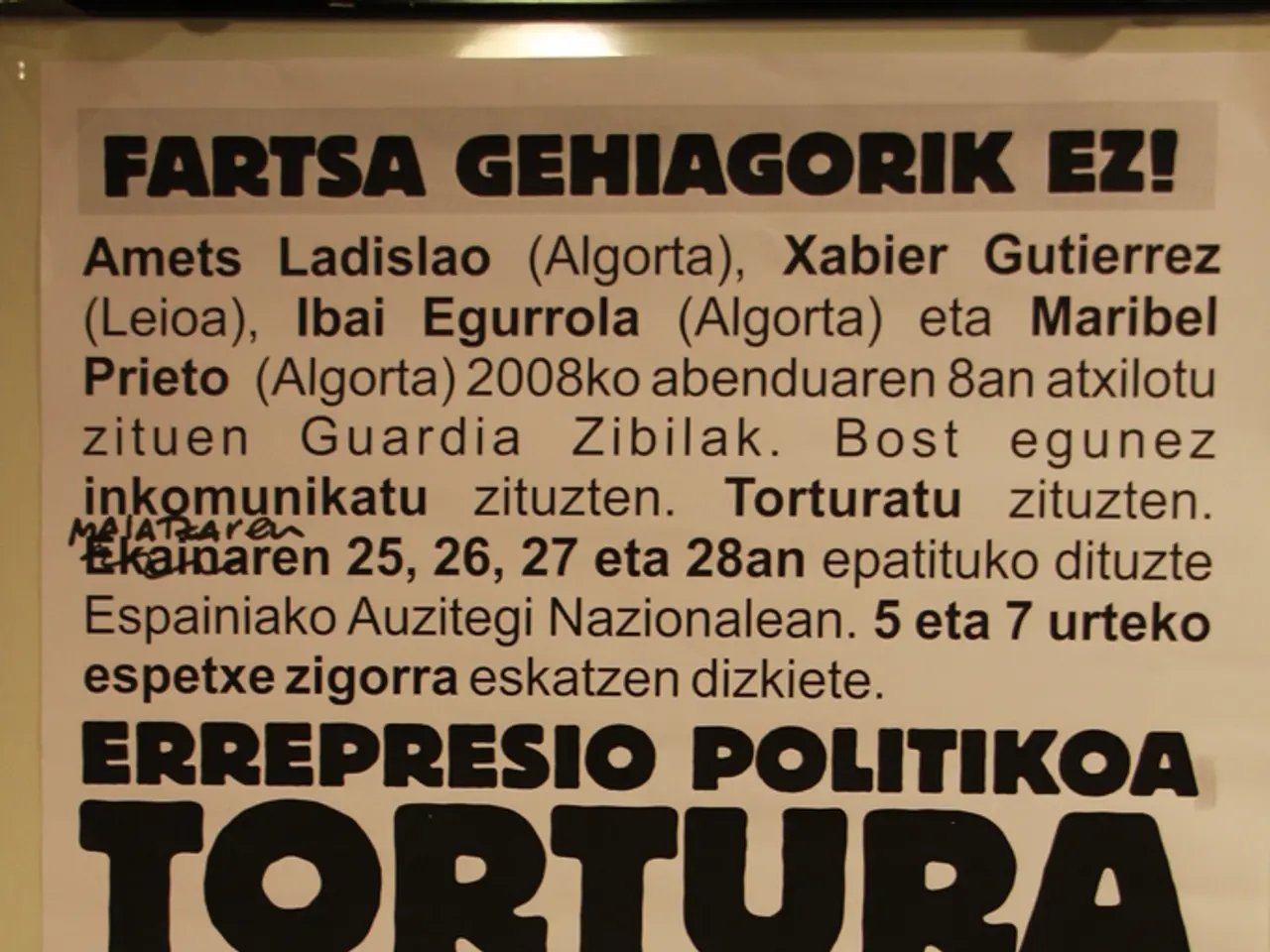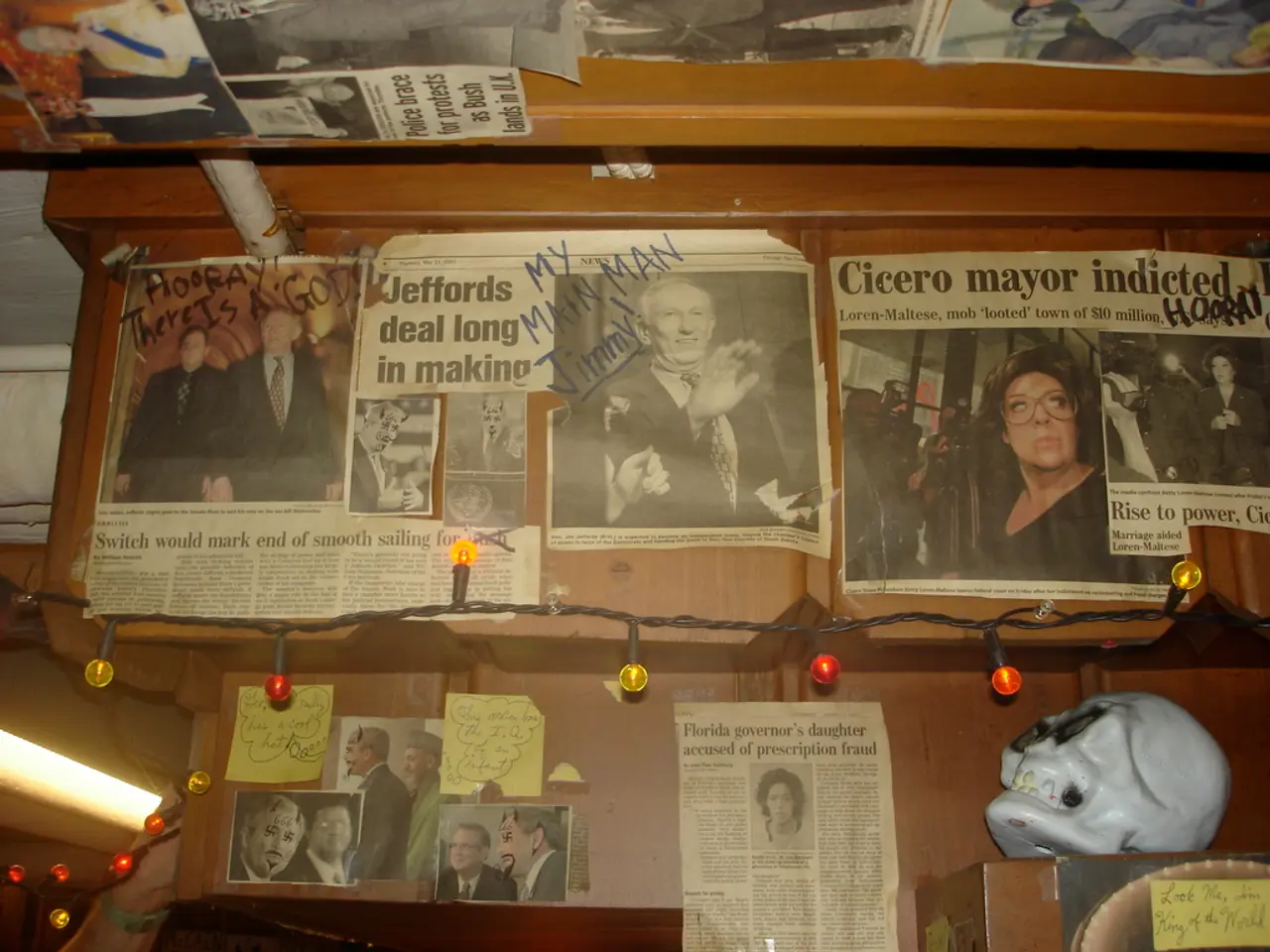Minister Javier Moscoso, who served under Felipe González and introduced the free disposal days for officials, passes away.
In a sombre announcement, Pedro Sánchez, President of the Government of Spain, confirmed the death of Javier Moscoso del Prado, a prominent figure in Spanish politics. In a heartfelt message on his X account, Sánchez described Moscoso as an "example of talent dedicated to public service". He also sent a "hug" to Moscoso's family and friends.
Born on October 7, 1934, in Logroño, Moscoso studied law at the University of Zaragoza and comparative law at the University of Strasbourg. His political career began in 1979 when he served as a deputy for Navarre with the Union of the Democratic Centre (UCD).
In 1980, Moscoso joined the Spanish Socialist Workers' Party (PSOE) led by Felipe González. His political ascent was swift, and in 1982, he was appointed Minister of the Presidency and held the position until the end of the first socialist term. This role involved overseeing various aspects of the Spanish government and supporting Prime Minister González during a period of significant political and economic change in Spain.
Between 1980 and 1981, Moscoso served as Director General of Justice. From September 1986 to January 1990, he held the position of Attorney General of the State, leading the legal branch of the government and advising on significant legal matters affecting the country.
Moscoso's contributions to Spanish politics were significant, particularly during a period when Spain was transitioning away from authoritarian rule and integrating into the European Community. This period saw numerous reforms and modernizations in Spanish society and politics.
One of Moscoso's most notable achievements was the implementation of flexible working days for civil servants, known as 'moscosos'. This feature, created in 1983, allowed civil servants to work more flexibly, improving work-life balance and productivity. For this, Moscoso received the Gold Medal for Merit in Labour.
Pedro Sánchez recognised Moscoso's role in Spanish politics, describing him as the "perfect combination of knowledge, rigour, and commitment". Moscoso's son, Juan Moscoso, was also a deputy in the Congress of Deputies from 2004 to 2016, also for the PSOE.
This article is only accessible to subscribers. Our thoughts are with Moscoso's family and friends during this difficult time.
[1] Biography of Javier Moscoso del Prado, available at: https://es.wikipedia.org/wiki/Javier_Moscoso_del_Prado [4] Career and Achievements of Javier Moscoso del Prado, available at: https://www.biografiasyvidas.com/biografia/m/moscoso_del_prado_javier/cv.htm
- Javier Moscoso del Prado, who began his political career in 1979 with the Union of the Democratic Centre (UCD), later joined the Spanish Socialist Workers' Party (PSOE) in 1980, marking the start of a distinguished career in policy-and-legislation that significantly influenced Spanish politics, especially during the transition from authoritarian rule and the country's integration into the European Community.
- The general-news of Moscoso's passing has sparked a stream of tributes, with Pedro Sánchez, the President of the Government of Spain, acknowledging his contribution to the country as "the perfect combination of knowledge, rigour, and commitment", while his son, Juan Moscoso, followed in his footsteps as a deputy in the Congress of Deputies from 2004 to 2016, also for the PSOE.







